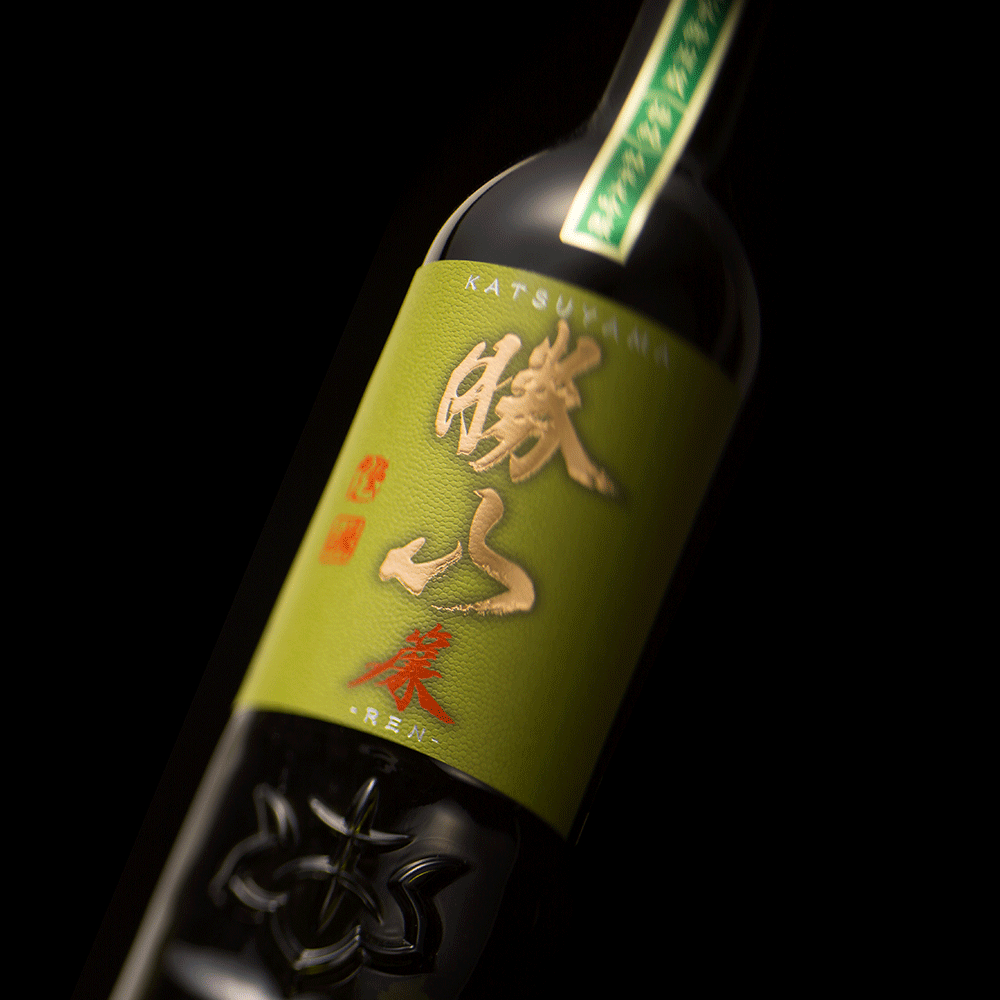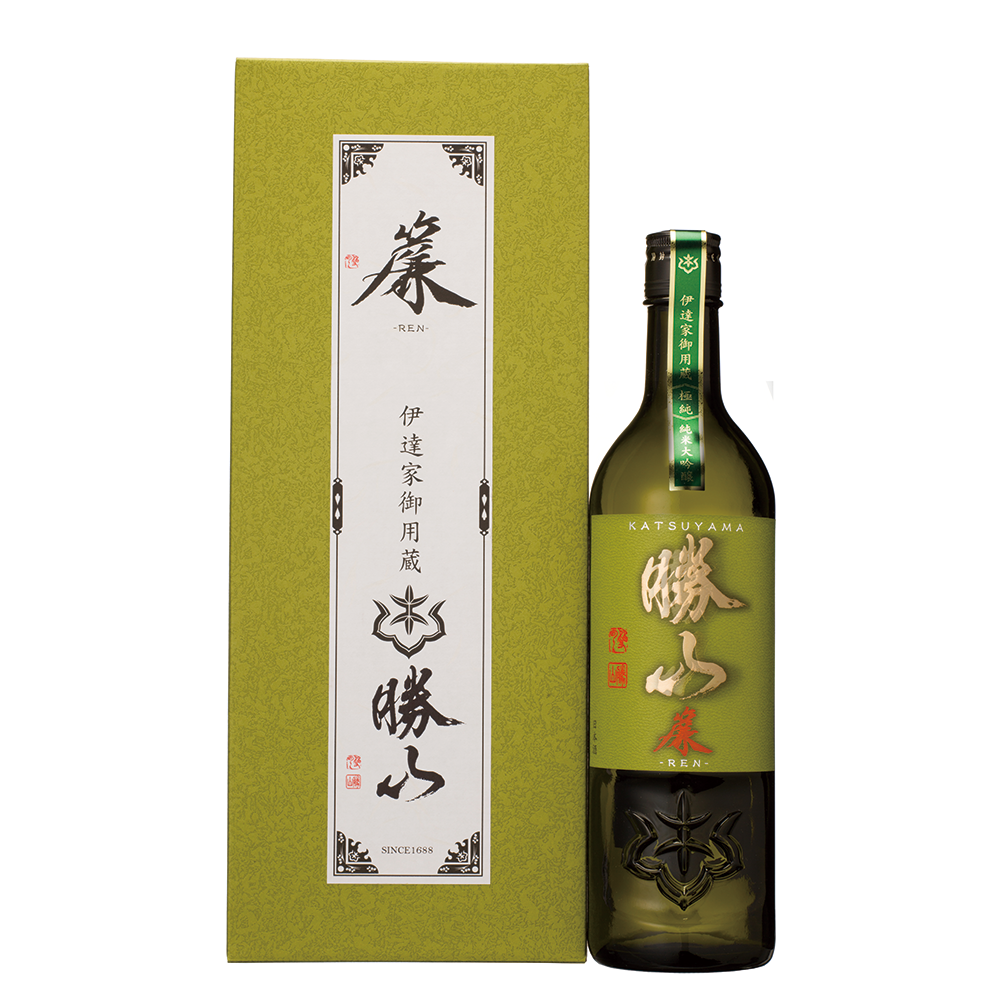-
 >
>
- Product list >
- Katsuyama Ren Junmai-daiginjo undiluted (720ml)
Katsuyama Ren Junmai-daiginjo undiluted (720ml)
詳しく見る
- *All prices shown are the product prices from the Japanpage:.
- *Product price can be shown in multiple currencies as reference values.
- *Payment should be made in Japanese yen.
- *After filling in delivery address, grand total (product price + shipping cost (packing + shipping + insurance) +tariffs & taxes) will be shown on the shipping cart page.
- *All prices shown are the product prices from the Japanpage:.
- *Product price can be shown in multiple currencies as reference values.
- *Payment should be made in Japanese yen.
- *After filling in delivery address, grand total (product price + shipping cost (packing + shipping + insurance) +tariffs & taxes) will be shown on the shipping cart page.
Awards
Sake Competition2017 Super Premium Division 3rd place
"Katsuyama Ren Junmai-daiginjo, undiluted (720ml)" is a Japanese sake, brewed through the Fukuroshibori, extracting drop by drop without the use of human hands, process, using "Yamada Nishiki" - a brewer's rice produced in Mirai, Hyogo Prefecture, polished down to a ratio of 35%. The Fukuroshibori process is an extravagant pressing technique, which involves stuffing the carefully brewed moromi (fermenting mash) into cloth sacks, and slowly extracting the treasured essence within, drip by drip, without the use of human hands. This Junmai-daiginjo boasts a splendid and strong, robust fragrance, beautifully well-balanced with the umami of rice, and an enjoyably dignified, full-bodied flavor. The name "Ren" represents a "shop curtain," which contains the message that "this sake will guide you further beyond."
Pairing food proposed from Vendor
Tempura, sukiyaki
About "Katsuyama"
Japanese sake "Katsuyama" inherits a tradition that has been established for more than 320 years. It is rumored that the origin of the name lies in the superstition that samurai won victories in heaps, and is associated with the "Katsuyama Chignon", a fashionable women's hairstyle in the early Edo period (17th century). It is a full-bodied sake made through a slow and luxurious preparation that involves producing only 1 tank per week, where the moromi (a mash of barley, barley koji, yeat and water) is carefully fermented.
Recommended temperature
- Atsukan (50 - 55℃)
- Jokan (45 - 50℃)
- Nurukan (30 - 40℃)
- Room temperature (15 - 20℃)
- Hanabie (10℃)
- Yukibie (5℃)
Type


Tag
Appearance
-
Clarity
Transparency
Hazy
-
Colour
Colorless
Dark brown
-
Intensity
Water
Deep
Nose characteristics
-
Intensity
Low
Strong
Taste characteristics
-
Light / Body
Light
Body
-
Sweet / Dry
Sweet
Dry
-
Simple / Complexity
Simple
Complexity
-
Acidity
Low
High
-
Umami
Low
High
-
Finish
Low finish
Long finish
Aroma and flavor
Detailed information
| Volume | 720ml |
|---|---|
| Size (L W H) | 8.5 x 8.5 x 29.5 cm |
| Weight | 1.2kg |
| Ingredients | Rice, Rice koji, Water |
| Region | Miyagi |
| Alcohol content | 16%vol. |
|
Sake Meter Value
|
+1 |
|
Acid level
|
+1.4 |
|
Polishing ratio
|
35% |









